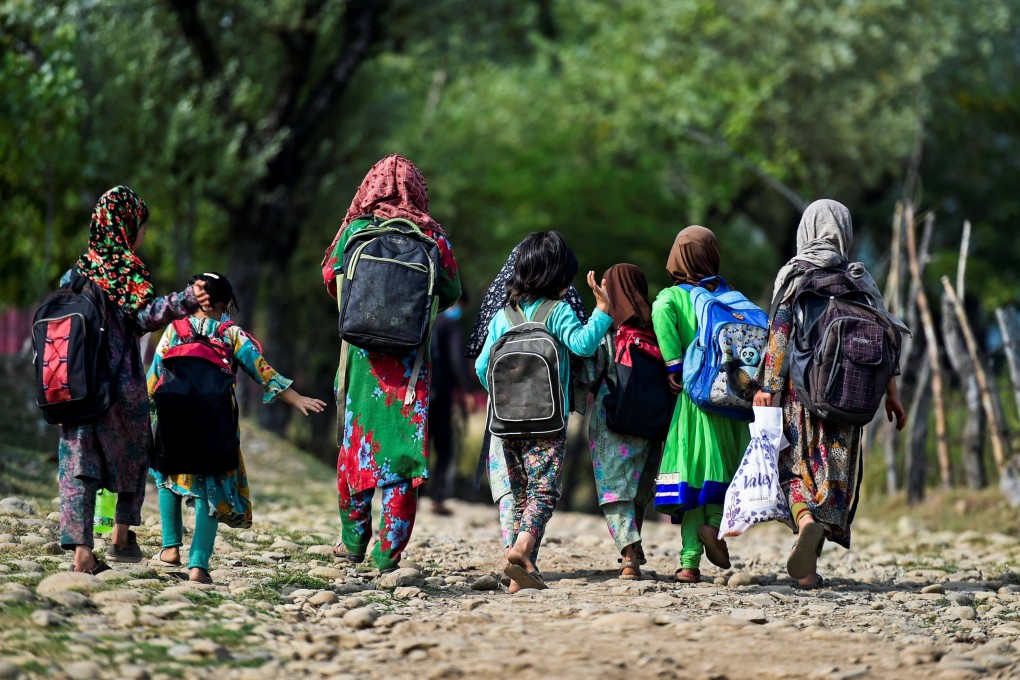Opinion | Asia must close the pandemic education gap to tackle long-term wealth inequality
- For many pupils in Asia, the inability to study remotely during the pandemic has resulted in learning losses that will affect their lifetime earnings
- Faced with the threat of widening inequality, governments must act quickly to make up for these losses by providing targeted support for those most in need

With the new academic year in many Asian countries starting in a matter of months, governments must urgently mitigate these learning shortfalls by strengthening schools and social safety nets.
While many schools offered remote learning during the pandemic, this was a poor substitute for in-person instruction – especially in developing countries. According to Asian Development Bank estimates, students in developing Asia lost over half a year of effective learning on average.
The costs of doing nothing are steep. If not remedied, students’ lost education will reduce their productivity throughout their working lives and translate into estimated aggregate forgone earnings of US$3.2 trillion in constant 2020 dollars, equivalent to 13 per cent of developing Asia’s GDP in 2020.
Learning losses during the pandemic were not borne evenly, which makes reversing them even more challenging. Girls and students from poorer households struggle disproportionately with remote learning, owing to less access to computers, the internet, a parent or other adult who can help them, and a conducive home study environment.
Moreover, they are often taken out of school in response to economic hardship – which many Asian households experienced during the pandemic.

